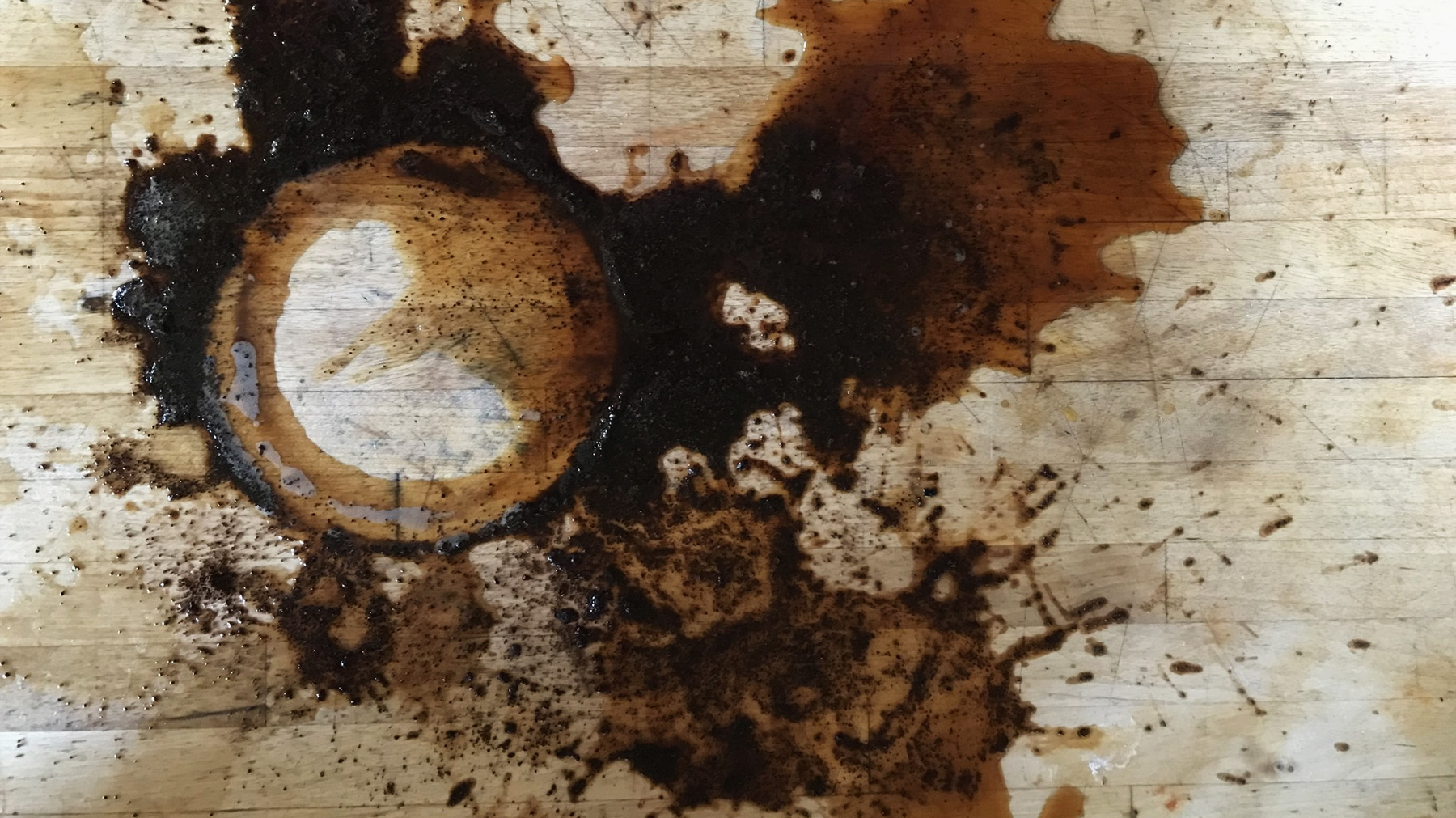
Gratitude for anger
Gratitude 34/40
[A note to the reader: angry women are often dismissed. “You’d look prettier if you smile,” is something I’ve heard many times. To feel and speak anger is often difficult for me, so in this post I’m writing in the third person.]
. . .
It starts when an unwanted ad appears. Just before she can mute it, the voice of a seemingly concerned man slips through. “That moment,” he says, “when you hear the news, and your life is changed forever….” Even though the sound is now off, the images have her full attention. She knows that moment. It happened to her a month ago.
The ad cuts to a concerned woman staring out of a beautiful bay window. Cut. Now we see the face of what looks like her husband sitting in the passenger seat of a car. He looks tired. His handsome son is behind the wheel. Cut. Pan out. We see their luxury home in a verdant garden, the gleaming SUV backing out of the driveway. Small print appears: something, something Myasthenia Gravis. Hanna sits up, this is one of the possible conditions she may have.
After the movie, her boyfriend can tell she wants to fight and suggests they talk the next day. In the morning she drives to the gym, hoping she can perspire this glowing ire out of herself. But when she comes home, the anger has congealed around her throat.
She feels vulnerable and sidelined. The ad, marketing the medicine she might need, clearly positions itself in the world of the wealthy. It’s not fair that only those with wealth can afford the care they need and maintain a lush life. A life where there is enough, so they don’t need to go into medical debt or give up needs like good quality produce, support for loved ones, or the security of retirement.
A second anger takes her back to childhood. It’s not fair that she was born into a world where there is a hierarchy of human value. Her white skin gave her far more access than kids of color her age, but her gender made her matter less. Both of those things are unfair. But today the salt under her skin is how that world groomed girls to be nice and mute—beautiful pushovers.
The third anger spans the decade of her marriage. A hierarchy of human value creates a societal agreement about how well (or poorly) we can treat each other. If she knew she was worthy of being treated well, she would have left him in the first months. If her community didn’t feel so powerless to interrupt harm, they would have intervened. It is not fair that women like her, the breadwinners, leave without a cent to seed a new life, leave only with a bag of scars.
The fourth anger smolders from all the stress and effort— the six visas— to stay in the US. All those flaming hoops she jumped through, all those stacks of paperwork and checks. All those nights not knowing. Will they send her back? The panic of being sent out of the country with twenty-four hour notice—an alien needing to prove worthy of being here.
The fifth anger burns with the difficulty of pursuing a career outside of the paths and support offered to mainstream careers. And that in a new country. Maybe she could have worked smarter, but the Lord knows she worked as hard as she could. It feels unfair that change work is often paid pittance and puts people in financially frail places. It feels unfair that care workers are often the first to burn out. Why do adjuncts get no benefits, receive no investment?
The sixth anger scorches the soft tissue of hope. Only last year she emerged from a sense of just surviving. Only last year did she take weekends off and sleep in. She started to dream again. She made a roadmap to retire at 75. She applied for artist grants, saved for a sabbatical at home, dreamt of supporting a larger network of folks. She sensed she could fly again and then, then this.
A friend has walked over and is holding her. “Life is not fair,” the friend says, and she knows it. Despite all this spilt milk, she is still profoundly privileged. She could have been the man with wind-weathered skin asking her for bread money this morning. This too is unfair.
It is not fair. Life is not fair. This is not fair. How much stress, how many injuries, how many years of not feeling safe can one sustain before one breaks? Maybe this is her body, her body breaking.
That night she attends a poetry reading. A poet* quotes Maya Angelou, “Let gratitude be the pillow on which you kneel.”
Today she kneels, forehead against the wall. She gives thanks that she can feel angry, for rage is part of grief. And grief, Ross Gay** says, grief metabolizes change.
. . .
* Naomi Shihab Nye
** Thanks Lizzie for the Ross Gay quote and your companionship
